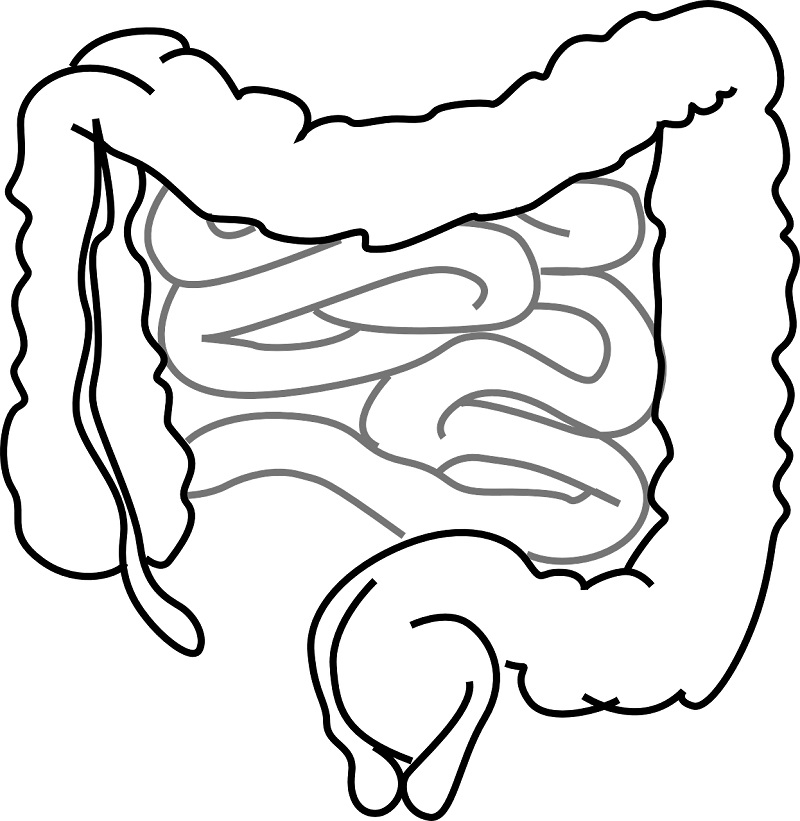-
Tips for becoming a good boxer - November 6, 2020
-
7 expert tips for making your hens night a memorable one - November 6, 2020
-
5 reasons to host your Christmas party on a cruise boat - November 6, 2020
-
What to do when you’re charged with a crime - November 6, 2020
-
Should you get one or multiple dogs? Here’s all you need to know - November 3, 2020
-
A Guide: How to Build Your Very Own Magic Mirror - February 14, 2019
-
Our Top Inspirational Baseball Stars - November 24, 2018
-
Five Tech Tools That Will Help You Turn Your Blog into a Business - November 24, 2018
-
How to Indulge on Vacation without Expanding Your Waist - November 9, 2018
-
5 Strategies for Businesses to Appeal to Today’s Increasingly Mobile-Crazed Customers - November 9, 2018
More Evidence to Support Aspirin’s Protection Against Cancer
The four year long study followed 13,715 patients who had been given a cancer diagnosis between 1998 and 2011.
Advertisement
“If aspirin can become a regular treatment for cancer, it can have a large impact on cancer survival and global health”, comments Martine Frouws, MD, of the Leiden University Medical Center department of surgical oncology in The Netherlands, at a recent press conference.
The survival benefit persisted in all analyzed gastrointestinal cancers; however, the benefit was nonexistent among patients with pancreatic cancer, Frouws said. More specifically, it seems that a daily aspirin regiment could improve quality of life for those who suffer from esophagus, rectum, and colon cancer.
In total, 30.5% of patients used aspirin pre-diagnosis, 8.3% were exclusively post-diagnosis users, and 61.1% had not taken aspirin at all.
This takeaway was consistent even after Frouws and associates took several variables into account, including age, gender, cancer stage, type of cancer treatment, and whether the patients had other medical conditions or not. Study results confirm that compared with patients who used aspirin before their cancer diagnosis and those who did not use the medication, patients who used aspirin after their diagnosis were twice as likely to survive.
Though the optimal dosage and duration of aspirin use and its effect on GI cancers need to be investigated in further research, the team believes they have uncovered a potential treatment option that could reach a wide number of patients.
Although the exact reason for aspirin being an anticancer mechanism is not clear, the researchers noted that it could be down to its antiplatelet properties. Circulating tumor cells (CTCs) shield themselves from the body’s immune system via the blood’s platelets.
In this trial, the effects of aspirin and a dummy “placebo” will be compared.
Frouws believes that her team’s discovery could be a breakthrough, considering how aspirin is very common and affordable, though she added that more research may be needed. “Medical research is focusing more and more on personalized medicine, but many personalized treatments are expensive and only useful in small populations”.
Factors like genetics have been shown to influence the effectiveness of aspirin on patients suffering from GI cancer as well.
Advertisement
Many people are now taking a daily dose of the over-the-counter drug to help prevent certain cancers. While these variations are rare, they can be instrumental in understanding which patients could benefit from aspirin. According to Cancer.org, the U.S. Prevention Services Task Force (USPSTF) has just released the latest “draft recommendations around the use of aspirin to prevent disease, including… colorectal cancer”.





























